Definition of Role: A Science Affiliate (SA) is an unfunded member of the PRIMA team that is identified by the team to take a specific active role in PRIMA. SAs may serve in a variety of ways to enhance PRIMA's Phase A work (examples below). SAs may be affiliated with an individual sponsoring Co-I for specific scientific contributions or affiliated with the science leadership for broader contributions to PRIMA's implementation or community engagement.
PRIMA intends for the total number of SAs to be modest (~20-30), and that all SAs will be renewed on an annual basis. New SA appointments will be considered on a rolling basis.
Example Activities:
- SAs may work with individual PRIMA Co-Is to perform simulations, calculations, or other technical work to refine PRIMA's science program and articulate its capabilities.
- SAs may act as working group (WG) leads and will meet as a group to provide oversight for all WGs. They will help in verifying applications from new working group members and manage WGs as appropriate. WG leads will be responsible for organizing recurring meetings and coordinating the development of community science cases for Volume 2 of the PRIMA GO Science Book.
- SAs may help plan science enhancement options, citizen science opportunities and/or student collaborations.






